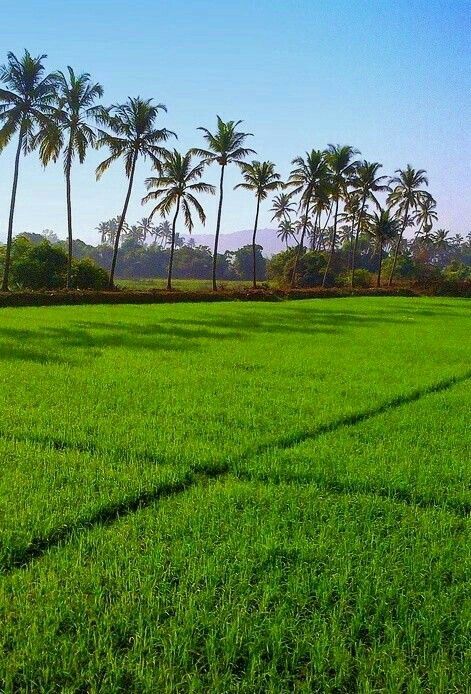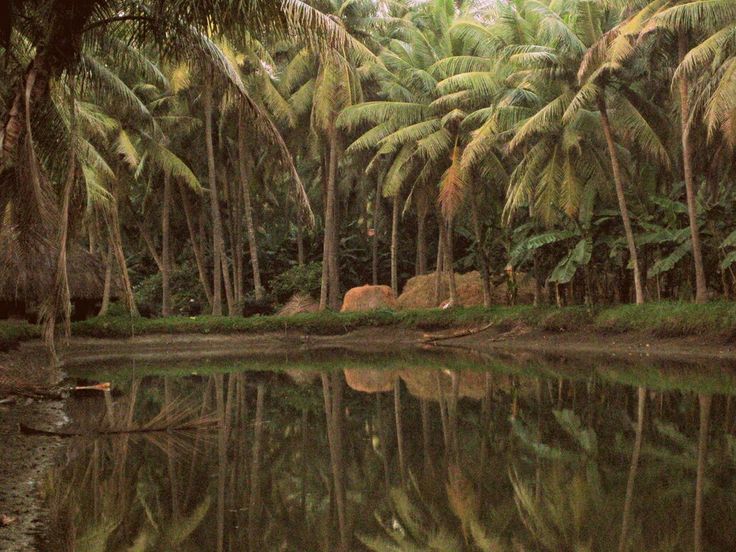At Mharan Farms, we are dedicated to sustainable and eco-friendly farming practices. One of the key principles we adhere to is crop diversity, which contrasts sharply with monoculture farming. Monoculture farming, the practice of growing a single crop species over a large area, has significant drawbacks. Here’s why Mharan Farms avoids monoculture and embraces a diverse, sustainable approach.
What is Monoculture Farming?
Monoculture farming involves cultivating a single crop variety in a particular field season after season. While this method can simplify farming practices and maximize short-term yields, it comes with several disadvantages that can affect soil health, the environment, and long-term sustainability.
Disadvantages of Monoculture Farming
1. Soil Degradation
Monoculture farming depletes soil nutrients over time because the same crop continually absorbs the same nutrients from the soil. Without crop rotation or the addition of organic matter, the soil becomes exhausted and less fertile, requiring increasing amounts of chemical fertilizers to maintain productivity.
2. Increased Pest and Disease Risk
Growing a single crop species creates a perfect environment for pests and diseases to thrive. Without crop diversity, pests and pathogens can easily spread, leading to severe infestations and crop losses. This often necessitates the use of chemical pesticides, which can have further negative environmental impacts.
3. Environmental Impact
The reliance on chemical fertilizers and pesticides in monoculture farming can lead to water pollution, soil erosion, and loss of biodiversity. These chemicals can run off into nearby water bodies, affecting aquatic ecosystems and contaminating drinking water sources.
4. Economic Vulnerability
Farmers who practice monoculture farming are economically vulnerable because they rely on a single crop for their livelihood. If market prices for that crop fall or if a pest outbreak occurs, their entire income is at risk. Crop diversity can provide a buffer against such economic shocks.
5. Loss of Biodiversity
Monoculture farming reduces biodiversity both above and below ground. The lack of varied plant species can negatively impact the populations of beneficial insects, soil microorganisms, and wildlife. Biodiversity is essential for ecosystem stability and resilience.
Why Mharan Farms Embraces Crop Diversity
At Mharan Farms, we believe in the power of diversity to create a more sustainable and resilient farming system. Here’s how our practices differ from monoculture farming:

1. Soil Health Improvement
We practice crop rotation and use cover crops to improve soil structure and fertility. By alternating the types of crops grown, we naturally replenish soil nutrients and reduce the need for chemical fertilizers.
2. Natural Pest Control
Our diverse planting system helps manage pests naturally. By fostering a variety of crops and beneficial insects, we create a balanced ecosystem where pests are kept in check without heavy reliance on chemical pesticides.
3. Environmental Stewardship
We prioritize environmentally friendly practices. By avoiding chemical inputs and promoting biodiversity, we protect local waterways, reduce erosion, and support a healthy ecosystem.
4. Economic Stability
Diversity in our crops provides economic stability. If one crop faces challenges, we have other crops to rely on, ensuring a steady income and reducing financial risk.
5. Biodiversity Conservation
By maintaining diverse crops, we contribute to the conservation of local biodiversity. Our farming practices support a wide range of plant and animal species, promoting a healthy and resilient ecosystem.

Conclusion
At Mharan Farms, we understand the long-term disadvantages of monoculture farming and choose to embrace crop diversity for the health of our soil, environment, and community. By supporting our farming practices, you are contributing to a sustainable future that values biodiversity and ecological balance. Join us in promoting sustainable agriculture and enjoy the benefits of food grown with care for our planet.
#MonocultureFarming #SustainableAgriculture #OrganicFarming #MharanFarms #Biodiversity #SoilHealth #EnvironmentalSustainability #CropDiversity #EcoFriendlyFarming #AgriculturalPractices